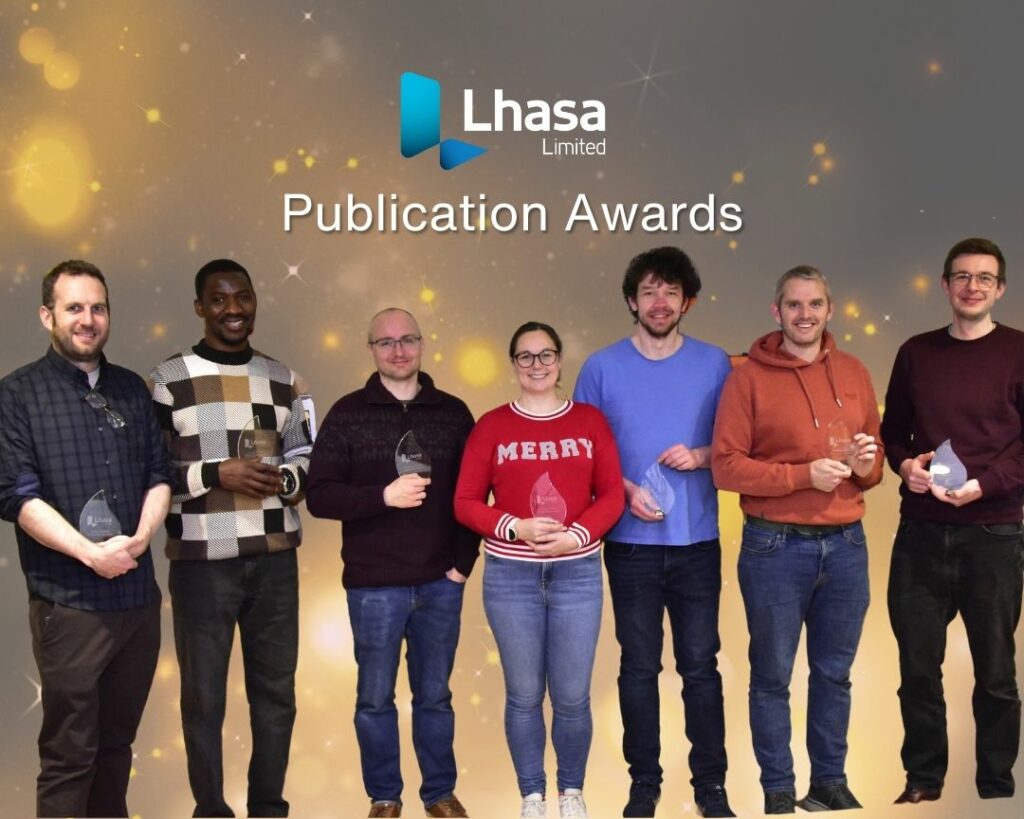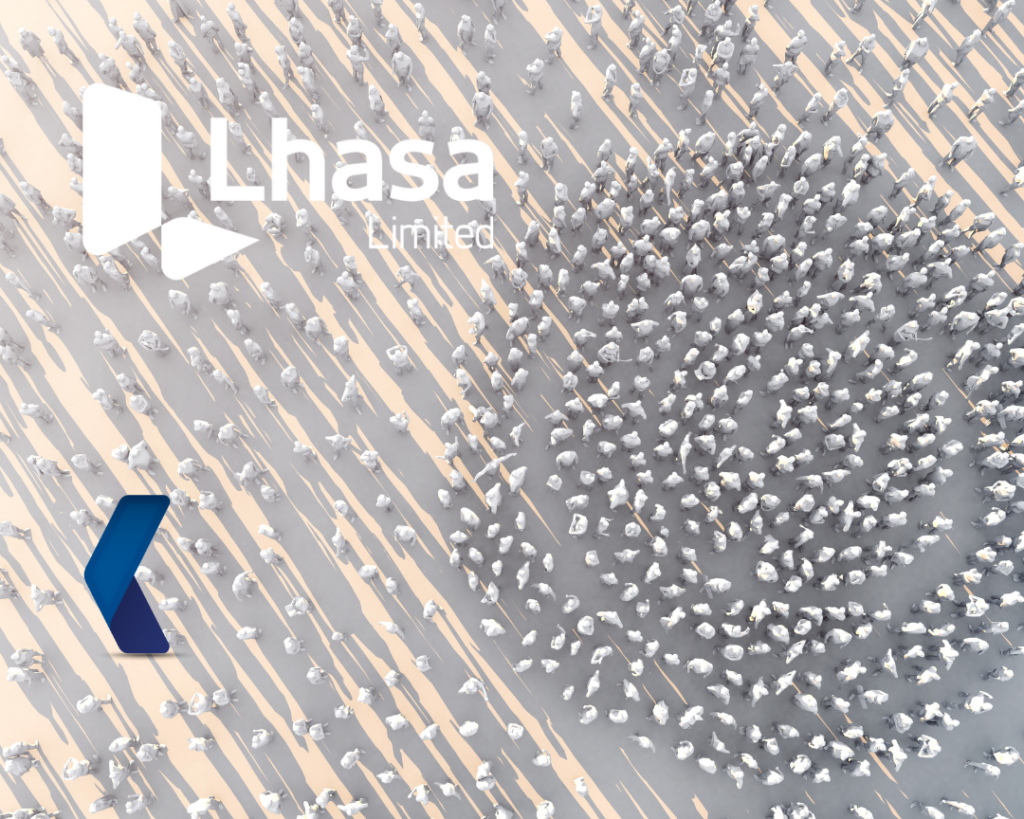How to overcome the critical challenges faced in forced degradation studies
At Lhasa we know that there are many challenges involved in carrying out risk assessments for drug substances and drug products, to ultimately ensure a safe and effective product for patients. Forced degradation studies are essential in pharmaceutical development to assess drug stability and ensure product quality and safety. These studies help identify degradation pathways, […]
How to overcome the critical challenges faced in forced degradation studies Read More »










